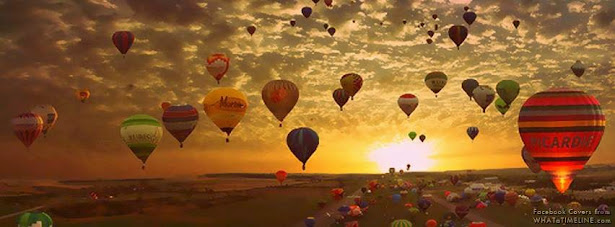Romantic Period was an artistic and literary movement
which was originated in Europe in the late eighteenth century. The Romantic
Period in English literature is taken to begin with the publication of
Wordsworth and Coleridge`s Lyrical Ballads and end with the novelist Sir Walter
Scott's death. Even though the works of J.J. Rousseau and W. Godwin had great
influence, the French Revolution and its consequences had the strongest impact
of all. This started as a revolt against social and political norms of the
time, so it was associated with liberalism and radicalism. Also it had a great
impact in different areas such as music (one of the earliest important
applications of the term to music occurs in 1789, in the Mémoires of André
Grétry), visual arts (used to refer loosely to a trend that appears at any
time) and literature (this movement was started by the publication in 1798 of
Lyrical Ballads, with many of the finest poems by Wordsworth and Coleridge).
On the other hand, it is necessary to understand the
meaning of romanticism and from which comes the word. It is possible to rely on
the statement given by Cuddon J. (1991) who says “A roman or romant came
to be known as an imaginative work and a 'courtly romance'. The terms also
signified a 'popular book'”; while Whitney (2000) added:
The word romantic (ism) has a complex and
interesting history. In the Middle Ages 'romance' denoted the new vernacular
languages derived from Latin - in contradistinction to Latin itself, which was
the language of learning. Enromancier, romancar, romanz meant
to compose or translate books in the vernacular. The work produced was then called romanz, roman, romanzo and romance.
Romanticism emphasizes everything that was not seen
before such as feelings and emotions, so now the heart governs over the mind;
natural places began to be a point of inspiration for both poems and paintings,
the supernatural began to have their space and mode of expression. No other period in English literature
displays more diversity in style, theme, and content than the Romantic
Movement. The German poet Friedrich Schlegel, who is given credit for first
using the term romantic to describe literature, defined it as "literature
depicting emotional matter in an imaginative form."
Nevertheless, the Romantic
period’s aims are related with art, not beauty but the expression and feelings
which can open wider horizons. It has, in fact, been defined in so many different
ways. In addition, the right to individual and collective freedom is developed;
this is subjective, expressing deepest feelings. Besides, the romanticism seeks
to break the classic rules. Just the novel is based on objectivity, and it
seeks to reproduce life accurately, so it is immersed in the environment and
society. Romantic works are
characterized by a mix of genres, the combination of verse and prose, and the
use of different metrical structures in the same poem. Literary genres in the
romanticism are: poetry, fiction, prose and drama.
Therefore, poetry is a
literary genre considered as a manifestation of beauty or artistic feeling
through words using verse or prose (prose is opposed to verse because it has no
metrical rhythm, or repetition, and rhyme). Often, term poetry is used as
synonymous with lyrical, although from a historical point of view it is a
subgenre of poetry. Moreover, It is
called fiction to reality simulation that perform literary and cinematographic
works while the drama is a word that comes from Greek and means to act; it is
divided into realistic and unrealistic genres without forgetting that it is
also called drama to the work that includes certain elements, especially when
you have a terrible, tragic and catastrophic end.
Finally, it is possible to mention some examples of
romantic English poets are William Wordsworth, Samuel Taylor Coleridge, Lord
Byron, Percy Bysshe Shelley, and John Keats; and some American poets are Ralph
Waldo Emerson, Nathaniel Hawthorne, Edgar Allen Poe, Henry David Thoreau,
Herman Melville, Walt Whitman. Besides, there are Romantic essayists such as
Charles Lamb, William Hazlitt, and Thomas De Quincey.
References:
Whitney E. (2000). What
is Romanticism? Retrieved May 18, 2013 from http://www.uh.edu/engines/romanticism/introduction.html. University of
Houston
CUDDON J. (1991) The Penguin Dictionary of Literary Terms and Literary Theory. Third
Edition. London: Penguin Books
Wikipedia Foundation,
Inc (2013). Romanticism. Retrieved May
19, 2013 from http://en.wikipedia.org/wiki/Romanticism

.jpg)

0 comentarios:
Publicar un comentario